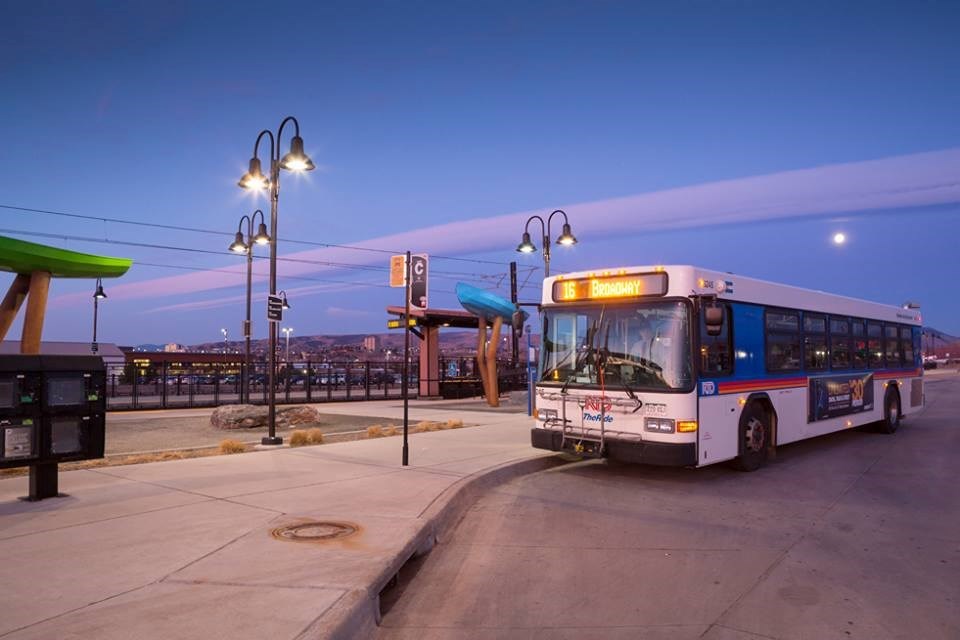Two major pieces of transportation legislation will now become reality, including one that got lukewarm backing of the Longmont City Council.
Governor Jared Polis this week signed into law Senate Bill SB21-260, a $5.2 billion boost for the state’s highways which calls for multimodal highway remodels, electric vehicle infrastructure and basic maintenance, according to Colorado Public Radio.
The new law will “finally fix the damn roads in Colorado,” Polis said during a signing of the bill at Floyd Hill just west of Denver, according to CPR.
Funding for the $5.2 billion in upgrades will be paid for by a series of new fees, including gas purchases, retail deliveries from companies like FedEx, Amazon, Grubhut and Instacart and rides from apps like Uber and Lyft, CPR states.
Audrey DeBarros, executive director of Louisville-based Commuting Solutions, praised the legislation in an email to the group’s supporters for its new approach toward paying for highway fixes.
The bill “will diversify how transportation funding is raised and spent in Colorado, which will support road repair, expansion to electric vehicle adoption, multimodal environmental mitigation and much more,” DeBarros said.
Commuting Solutions, a nonprofit, brings together local government and transportation leaders to solve congestion issues in Boulder and Broomfield counties. The group is spearheading a $253 million effort to add Bus Rapid Transit, managed lanes and a bikeway on Colo. 119 between Longmont and Boulder.
DeBarros also pointed to the passage of SB21-238 which will create a Front Range Passenger Rail District to plan, design, develop, finance, build and operate a passenger rail system for an area extending from New Mexico to Wyoming.
The bill states that the district is required to work collaboratively with RTD to ensure “interconnectivity” with any passenger rail system operated by or for RTD and Amtrak.
Longmont City Council criticized the legislation in April, asking that it be removed from consideration because it did not have a built-in funding mechanism.
Councilmember Joan Peck said the rail district was similar to the 2004 FasTrack’s plan, which produced rail in the central and southern metro area but left the northwest rail system unfunded.
“The southern part of the district got more and more,” Peck said, leaving no funding for the northern section of the district.
Council eventually supported the bill with amendements, DeBarros said.



